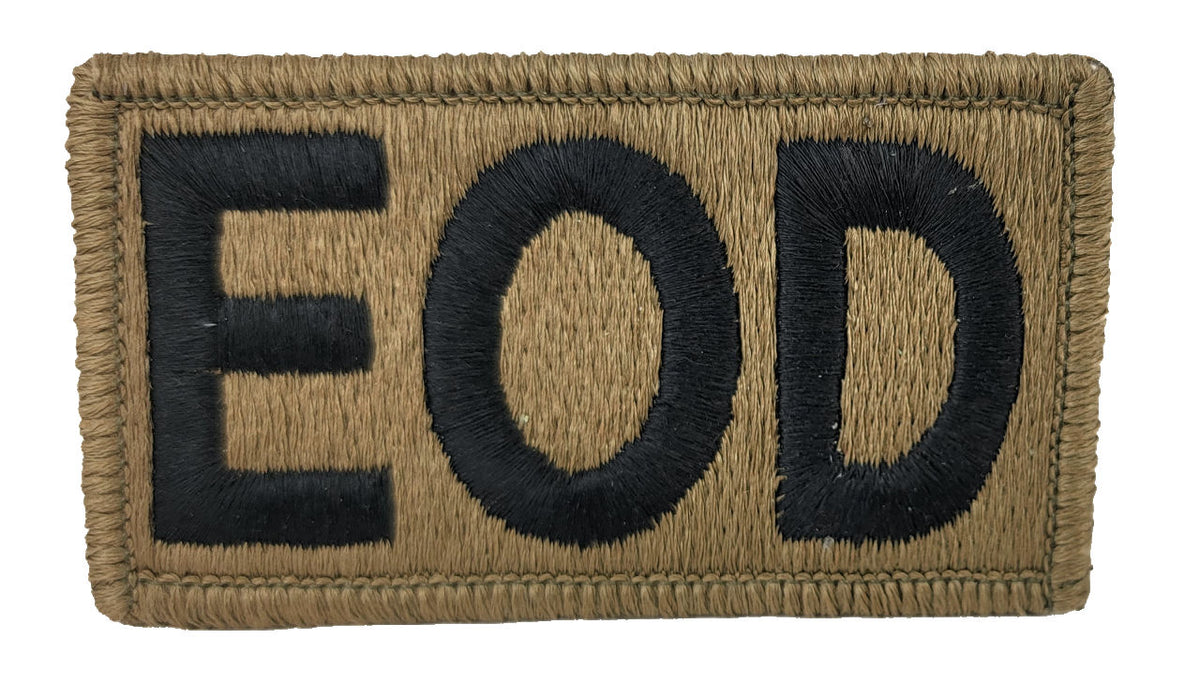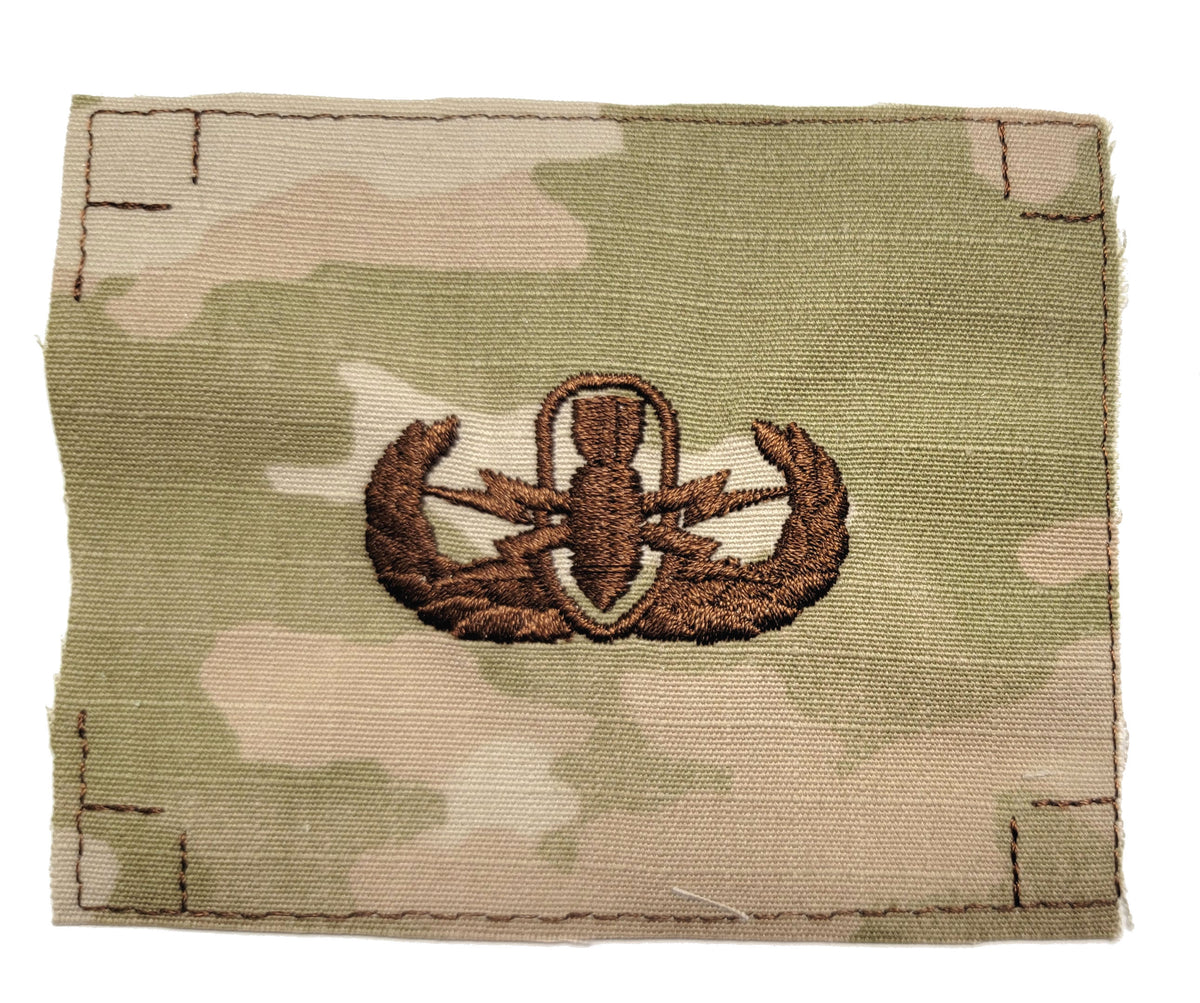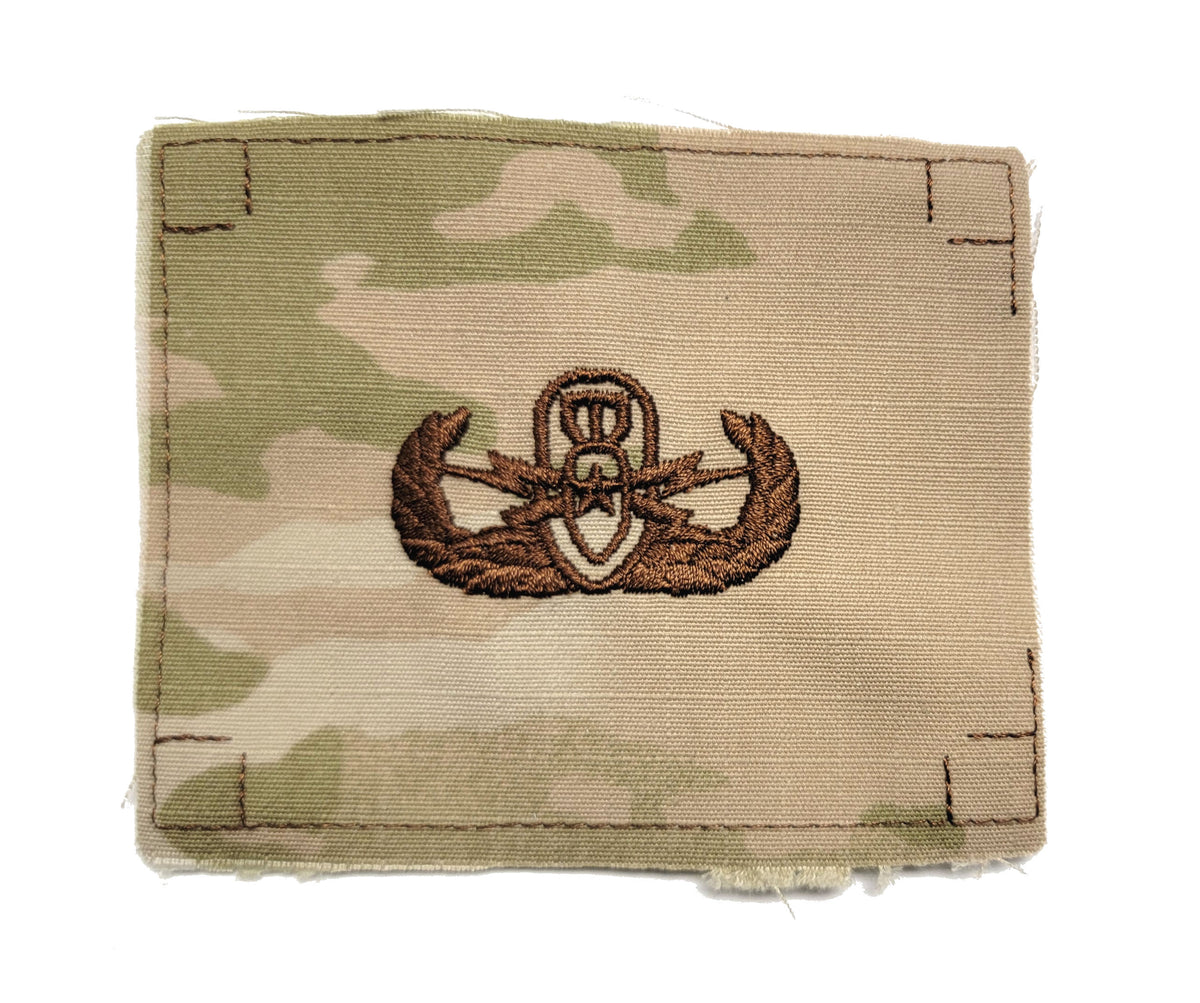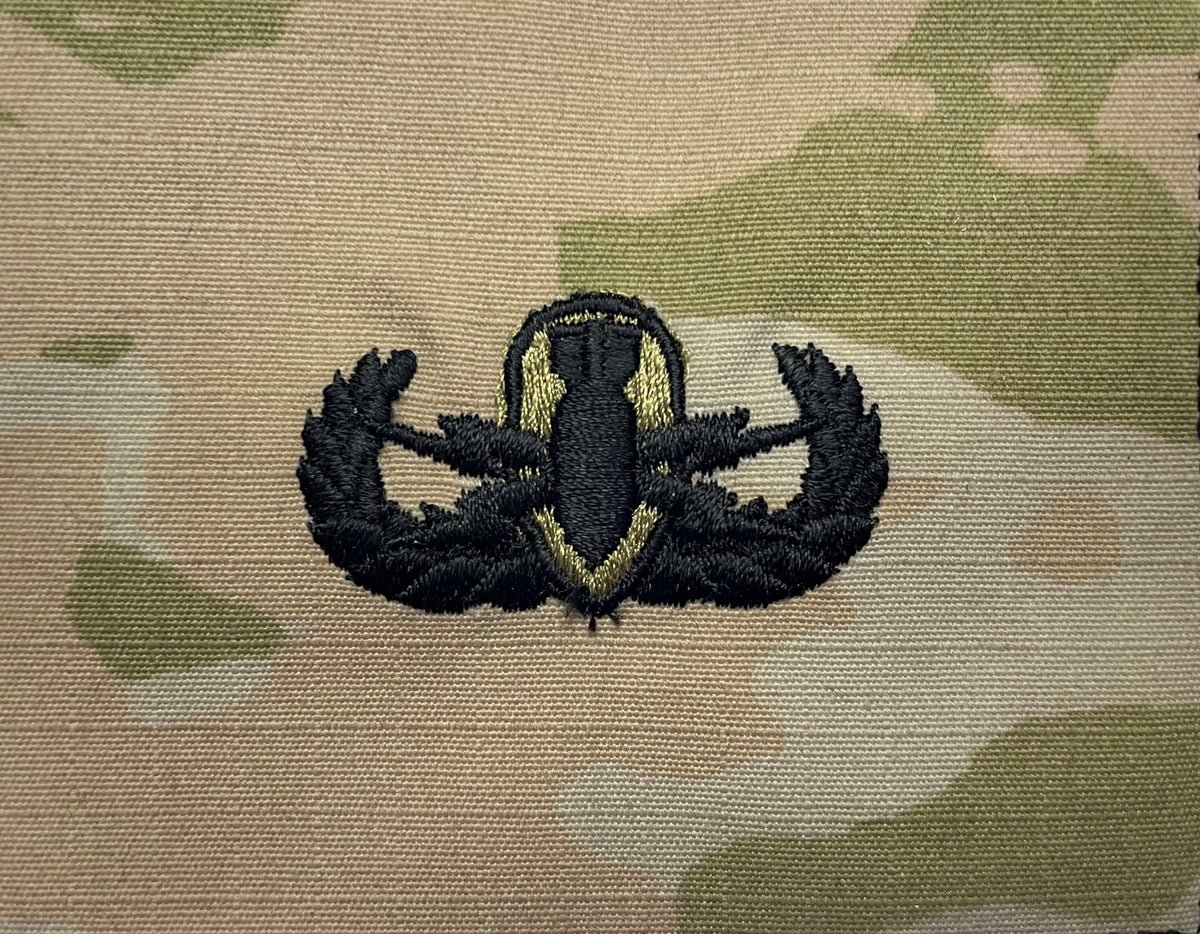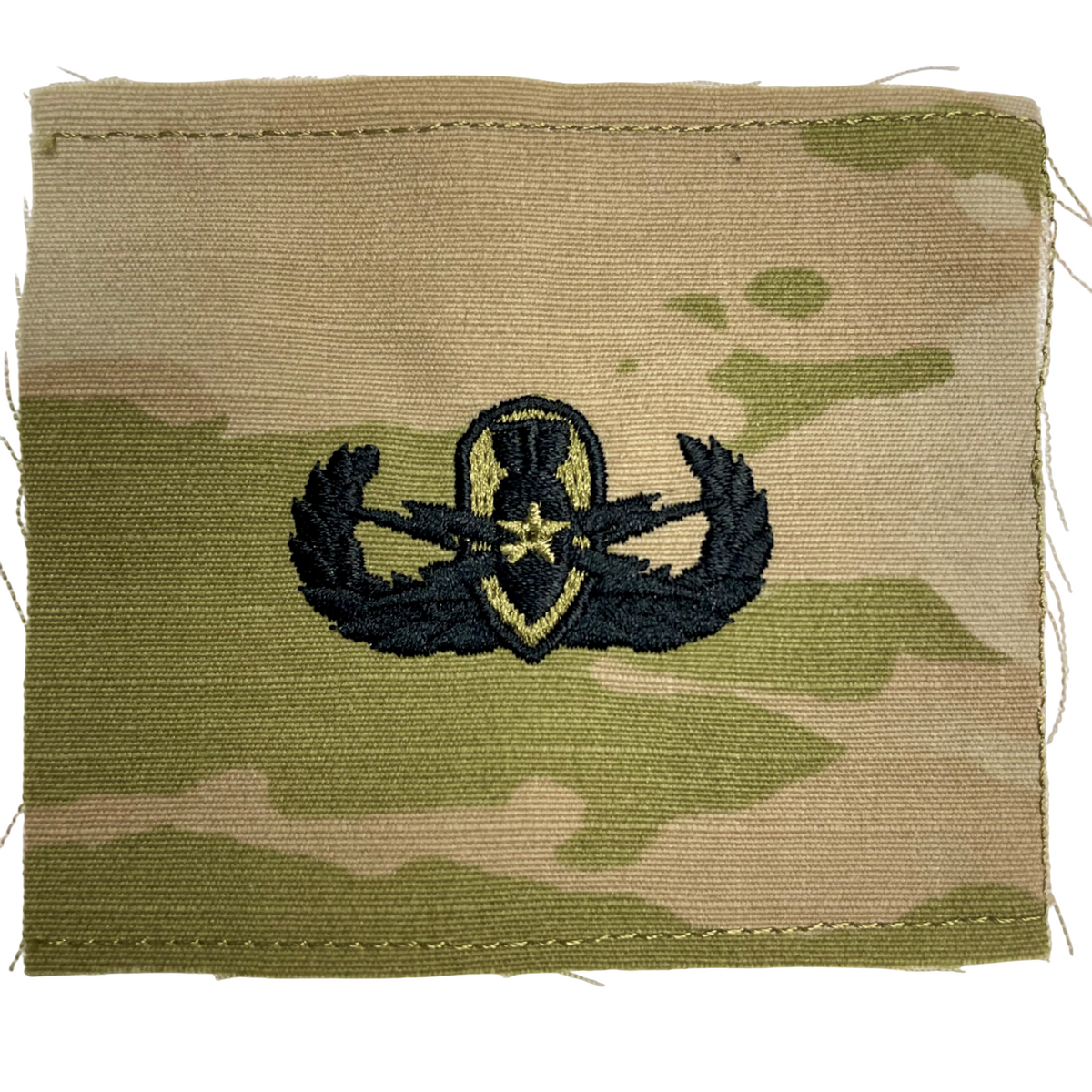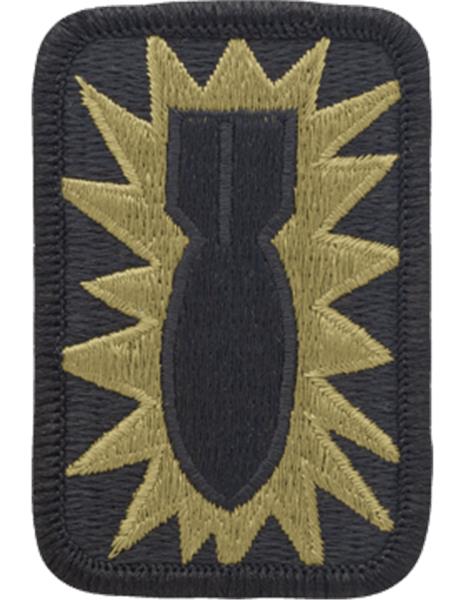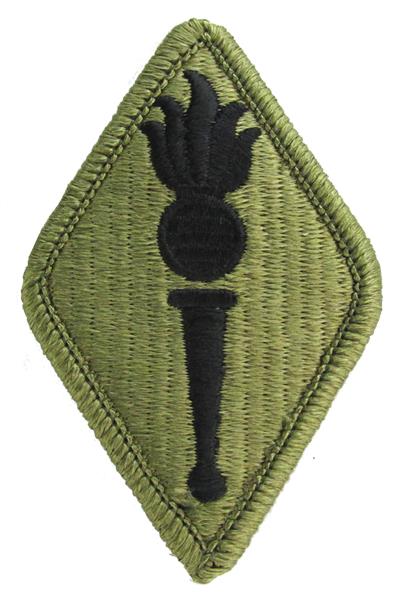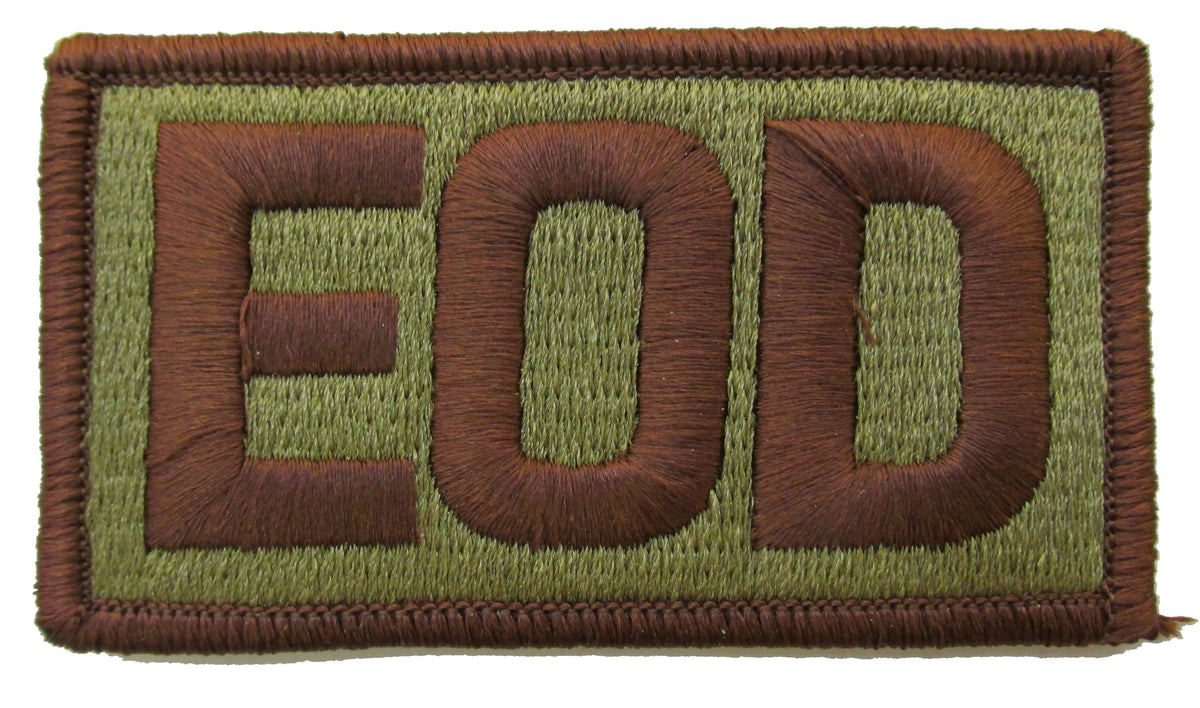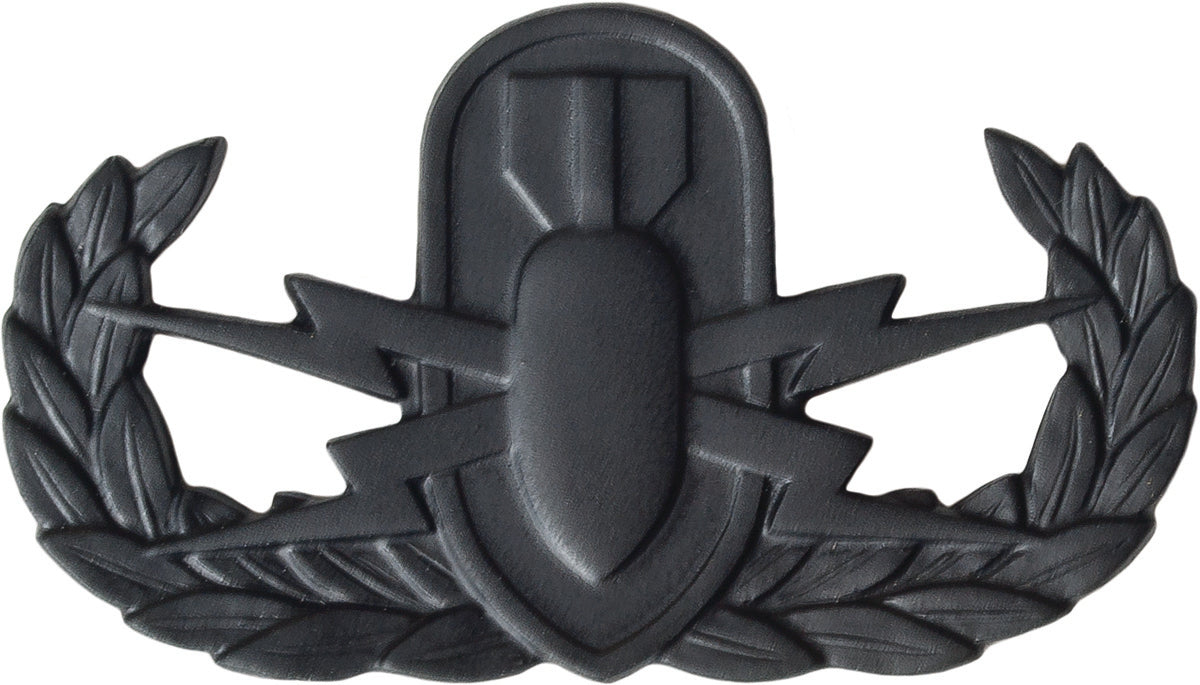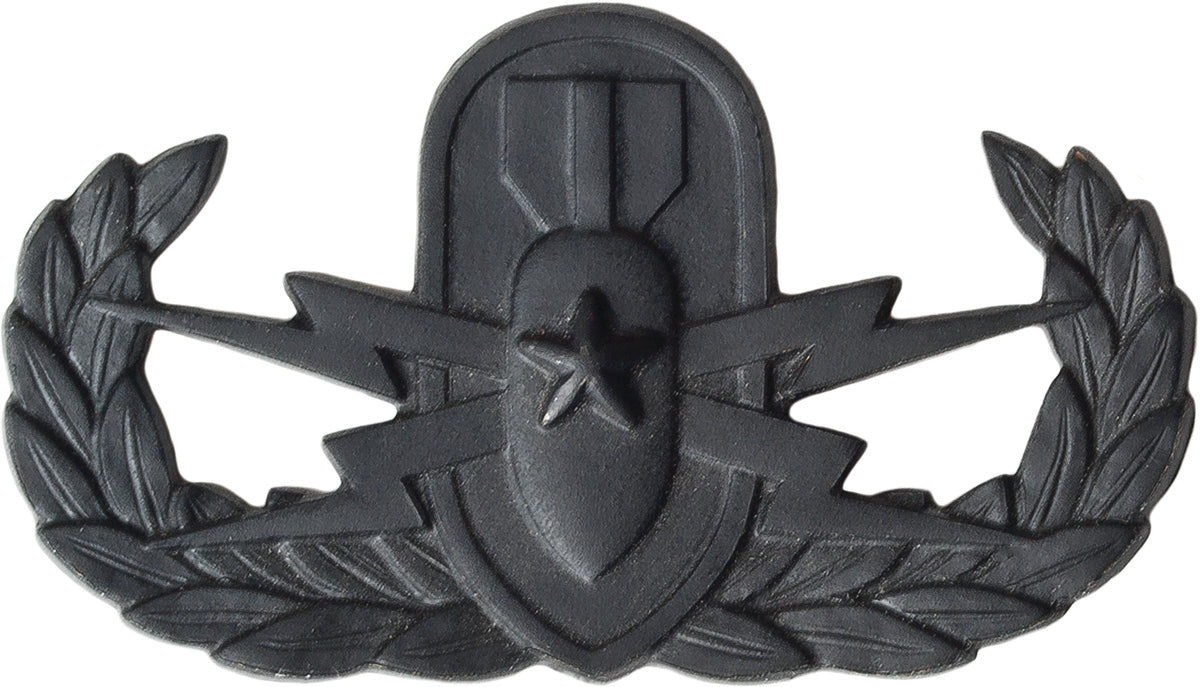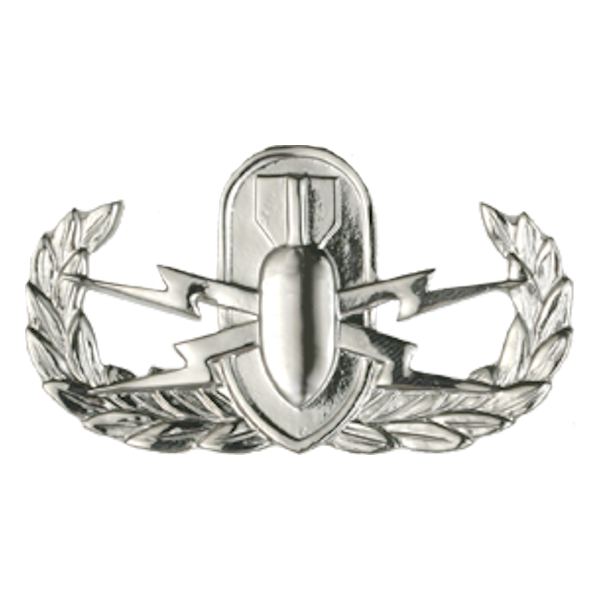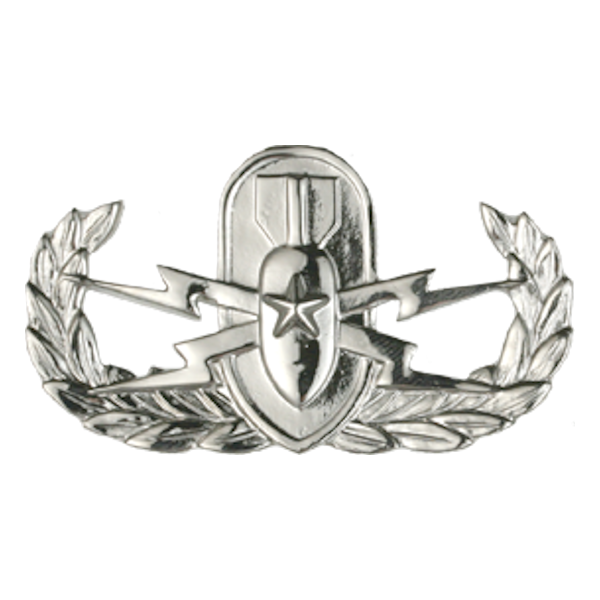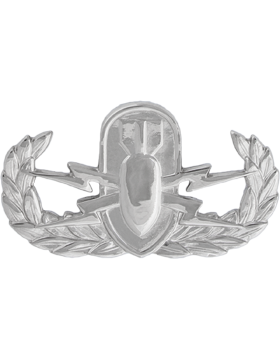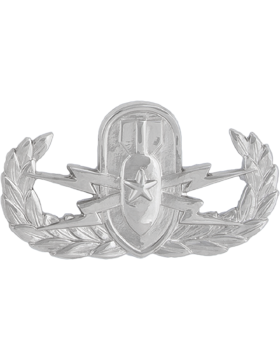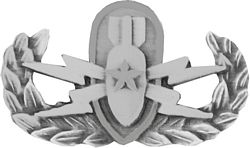
What is EOD? History of Explosive Ordnance Disposal in the Military
What is EOD? History of Explosive Ordnance Disposal in the Military
Explosive Ordnance Disposal (EOD) is a specialized field within the military that deals with the identification, disarmament, and disposal of explosive devices, including bombs, mines, and improvised explosive devices (IEDs). EOD technicians, also known as bomb disposal experts, are highly trained professionals who play a crucial role in ensuring the safety and security of military personnel, civilians, and critical infrastructure.
The history of military EOD can be traced back to World War II when the increased use of explosive devices necessitated the development of specialized teams to handle them. The British Royal Engineers and the United States Army pioneered the formation of EOD units during this time. These units were initially tasked with locating and neutralizing unexploded bombs dropped during air raids.
The development and deployment of increasingly sophisticated explosive devices during subsequent conflicts, such as the Korean War and the Vietnam War, further underscored the need for specialized EOD capabilities. EOD technicians became adept at handling a wide range of explosive devices, including landmines, booby traps, and time-delayed bombs.
Over the years, EOD techniques and equipment have evolved significantly to keep pace with the changing nature of explosive threats. Technological advancements have played a vital role in enhancing the effectiveness and safety of EOD operations. Today, EOD technicians have access to state-of-the-art tools and equipment, including remote-controlled robots, bomb suits, X-ray machines, and specialized detectors.
The tasks of military EOD teams are multifaceted and encompass several critical functions. These include identifying and assessing explosive threats, rendering safe or neutralizing explosive devices, conducting post-blast investigations, and providing expert advice on explosive-related matters to military commanders. EOD technicians often work closely with other military units, such as special forces, intelligence agencies, and law enforcement, to ensure the successful execution of their missions.
EOD operations are not limited to combat zones alone. EOD teams also play a crucial role in responding to domestic incidents involving explosives, such as terrorist attacks or the discovery of suspicious packages. Their expertise and quick response can help mitigate threats, protect lives, and preserve valuable infrastructure.
The training required to become an EOD technician is rigorous and demanding. Prospective candidates undergo a comprehensive selection process, followed by specialized training programs that cover areas such as bomb disposal techniques, explosives chemistry, electronics, robotics, and post-blast investigations. Continuous education and skill development are essential to keep up with emerging threats and technological advancements.
In conclusion, military EOD, with its rich history and evolving capabilities, is a vital component of modern warfare. The bravery and expertise of EOD technicians save lives, prevent casualties, and contribute to maintaining security in both military and civilian contexts. Their commitment to their mission and the safety of others exemplifies their indispensable role in countering explosive threats around the world.

